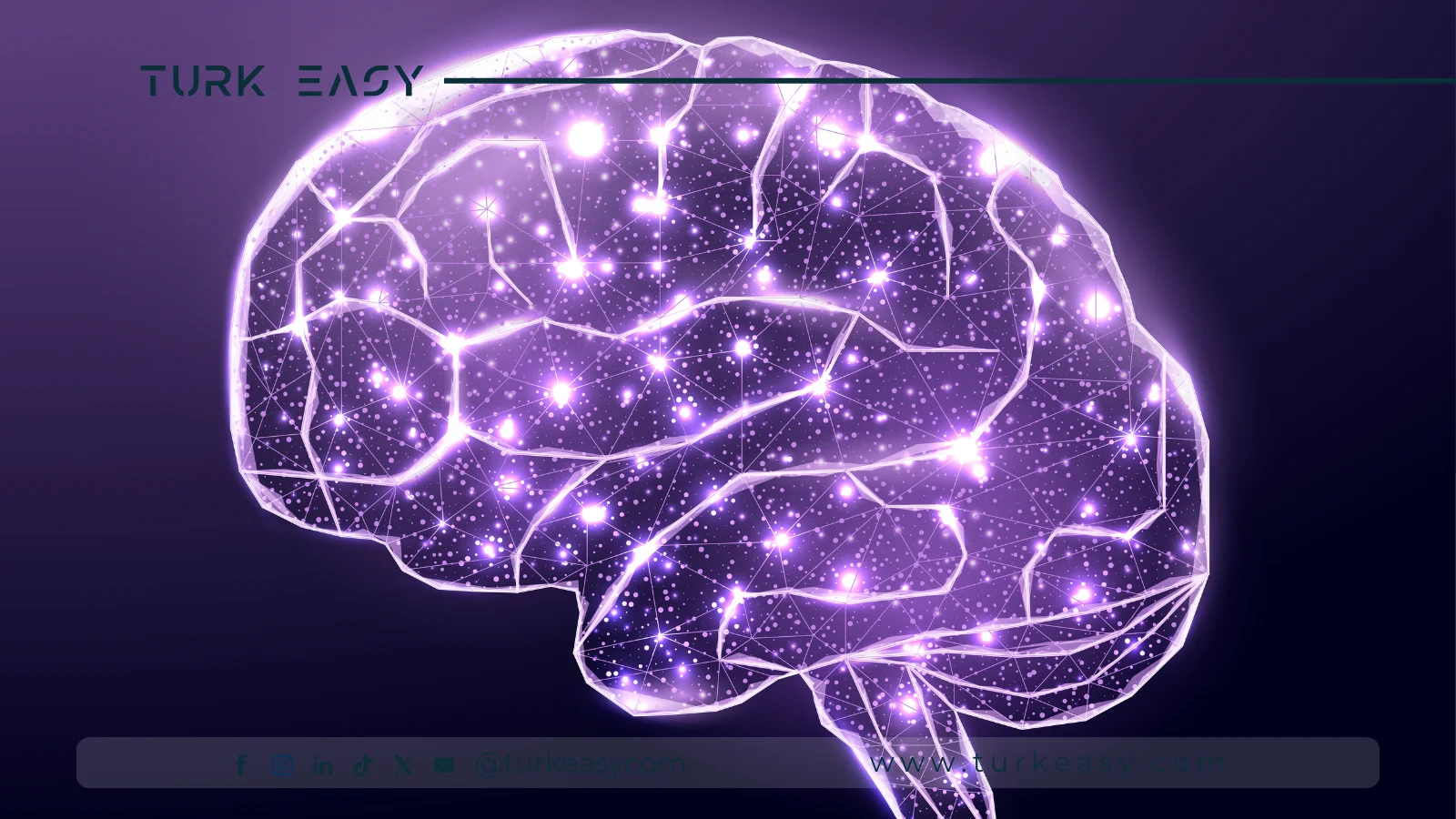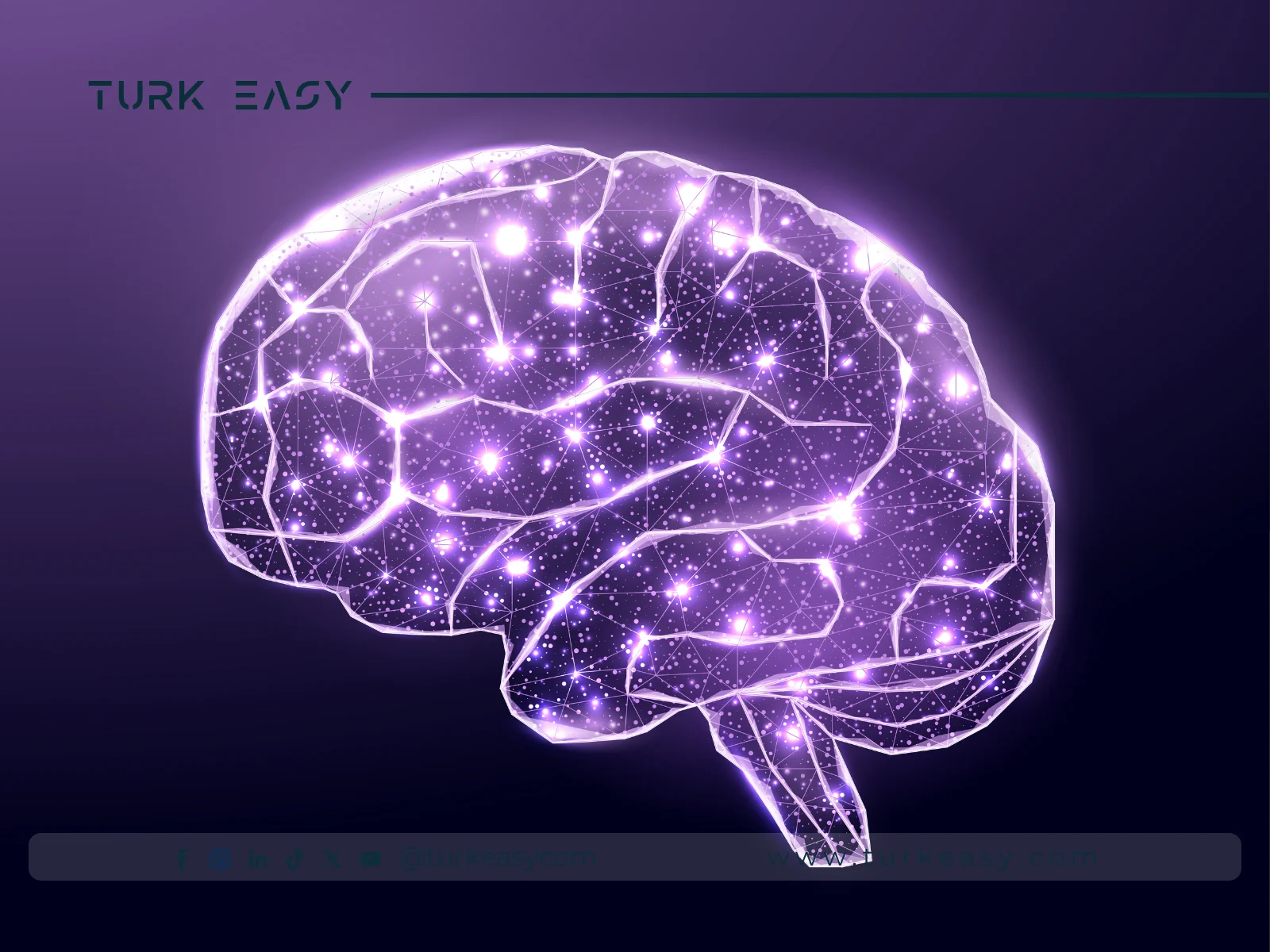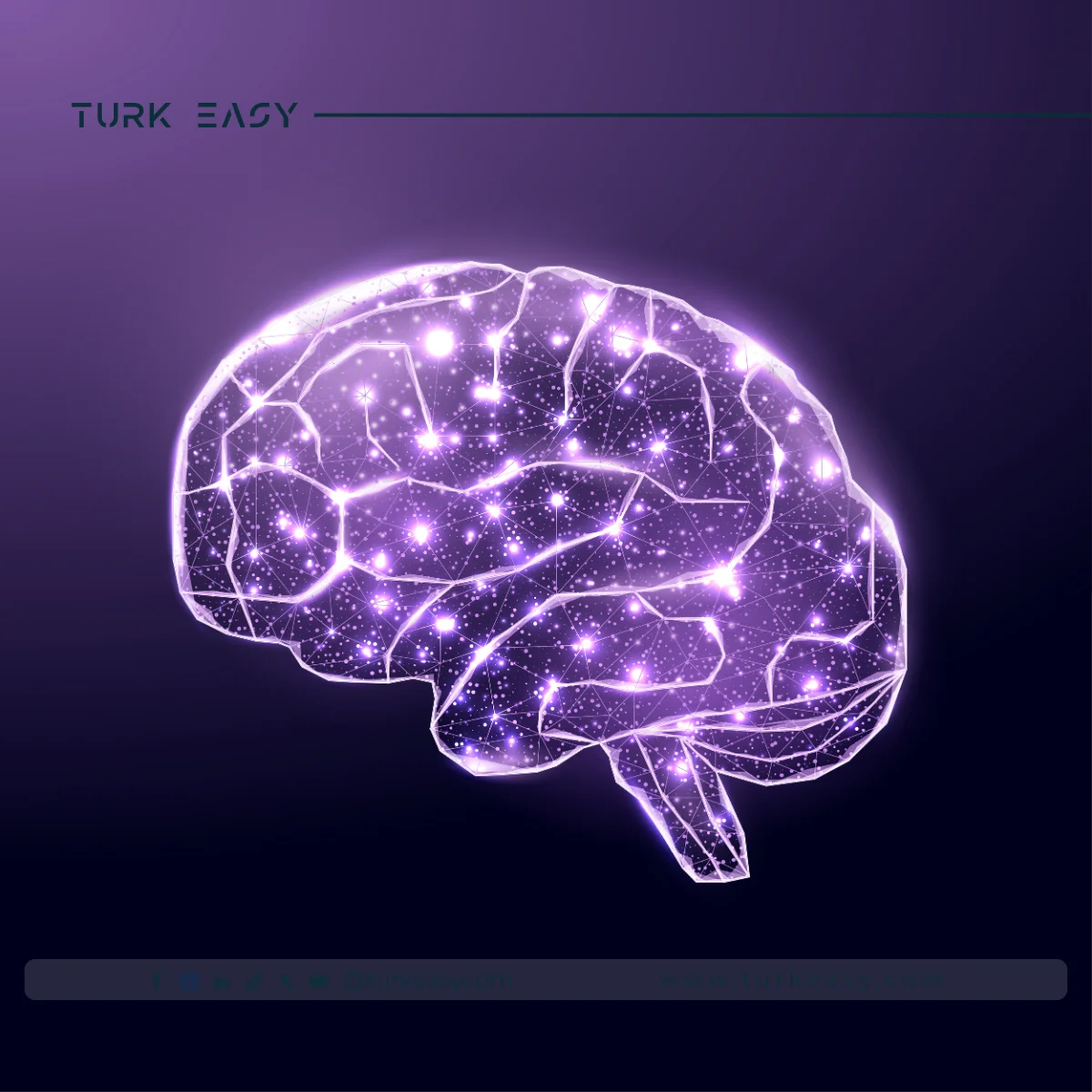Brain Cancer Surgery
Brain cancer, also known scientifically as Brain Cancer, is the abnormal division of cells found in the brain. Tumors can occur in various types of glands, such as the pineal gland, pituitary gland, or in the brain's membranes, known as the meninges, or in the skull, or in the brain's blood vessels, or nerve cells. Tumors can also occur due to the spread of another type of cancer, and the nature of brain tumors, whether benign or malignant, is extremely dangerous. It can cause death, and the severity depends on the size of the tumor, its type, and its location. Early detection plays an important role in the patient's recovery speed, and in our article, we will discuss a range of important hypotheses about brain cancer, and finally, we will present key information about brain cancer surgery.
What are the Symptoms of Brain Cancer?
The symptoms of brain cancer vary and overlap with other diseases. The severity of symptoms varies depending on the patient's condition and includes:
- Nausea and vomiting without any clear cause.
- Episodes of headaches varying in intensity.
- General weakness in the body.
- Seizures.
- Hearing deficits or ringing in the ears.
- Difficulty in balance.
- Visual defects.
- Changes in personal behavior.
- Difficulty walking.
What are the Details of Brain Cancer Surgery?
Brain cancer surgery is used as a solution to remove the tumor. Treatment aims to remove the affected tissues, while avoiding damage to other brain tissues.
The procedure is performed under general anesthesia, and the patient does not feel any pain. This requires shaving the entire head, opening a very small hole in the skull bones, and after removing the affected tissue, the skull's shape is restored and the skin is closed using medical staples or stitches.
The doctor may resort to brain cancer surgery simultaneously with radiation or chemotherapy to accelerate recovery rates.
The success rate of brain cancer surgery is extremely high, and medical reports indicate the possibility of complete recovery. This depends on the patient's condition before surgery.
The duration of brain cancer surgery cannot be determined. This depends on the type and location of the tumor. After surgery, patients remain in the hospital or treatment center under care and follow-up for a period determined by the treating physician.



